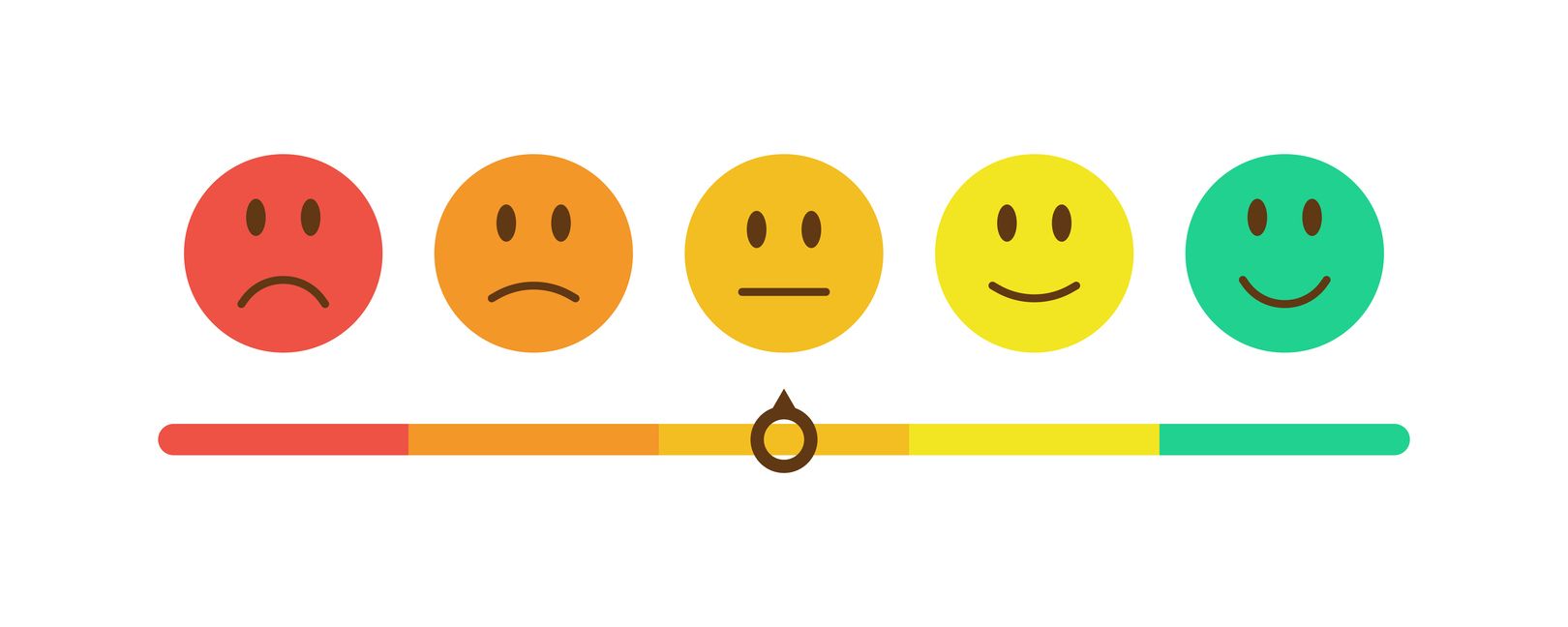Pharmaceutical recruitment: what candidates expect… and what recruiters really look for
In the pharmaceutical industry, recruitment has become a balancing act. On one side, companies are looking to attract highly specialized profiles: regulatory experts, biostatisticians, quality managers, data scientists specialized in health. On the other side, candidates often in high demand are no longer willing to accept just any opportunity. They pay close attention to company culture, work-life balance, and the meaning behind their future role.
Yet, there is still a gap between what candidates expect and what recruiters require. To build lasting relationships, it is essential to understand both perspectives and identify points of convergence. This article explores what candidates truly want, what recruiters are seeking, and how to bring these two visions closer together.

1. What Candidates Expect
1.1. More Meaning and Transparency
The younger generation, especially graduates in life sciences and pharmacy, is no longer satisfied with a “simple job.” They want to know why they are working. What impact will their role have on patient health? How does their company contribute to treatment accessibility or therapeutic innovation?
Candidates expect recruiters to clearly communicate the mission, values, and challenges of the role.
1.2. A Smooth and Respectful Candidate Experience
Candidates dread endless recruitment processes and radio silence after interviews. What they want is:
- a clear and efficient process,
- regular updates,
- feedback, even in case of rejection.
The recruitment experience is perceived as a direct reflection of the company’s culture.
1.3. Opportunities for Development
Pharma is constantly evolving (AI, gene therapies, digitalization of clinical trials). Candidates want to be sure they will be able to learn, grow, and not remain stuck in a static position.
1.4. Work-Life Balance
Even in such a demanding sector, new generations expect flexibility: partial remote work, adaptable schedules, and a culture that respects mental health.

2 . What Recruiters Look For
2.1. Certified Technical Skills
There is no room for improvisation in pharmaceutical industry. Recruiters are looking for candidates with strong educational backgrounds, sharp expertise, and a thorough understanding of regulations.
2.2. Rigor and Ethics
Beyond skills, recruiters expect candidates to demonstrate uncompromising integrity. Compliance, quality, and ethics are vital in this sector.
2.3. The Right Soft Skills
Collaboration, communication, and adaptability are just as important as technical mastery. An excellent scientist unable to work in a team or handle regulatory complexity will not be selected.
2.4. The Ability to Evolve
The industry changes quickly. Recruiters want candidates who can continuously learn, adopt new tools, and thrive in multidisciplinary environments.
3. How to Bridge the Two Perspectives
3.1. Communicate Authentically
Recruiters should present not only the benefits of a position but also its challenges. Candidates appreciate honesty and can better project themselves when they know the reality.
3.2. Turn Interviews into Conversations
Rather than solely evaluating the candidate, interviews should become dialogues:
- What are your expectations?
- What motivates you?
- Here are our current challenges—how could you contribute?
3.3. Value Potential Over Linear Career Paths
Non-traditional backgrounds can be an asset. Recruiters must learn to recognize potential, not just tick boxes on a résumé.
3.4. Invest in the Candidate Experience
A respectful, transparent, and efficient process gives a positive image of the company—even for rejected candidates. This strengthens the employer brand and facilitates future recruitment efforts.
Conclusion
Recruitment in the pharmaceutical industry can no longer be reduced to a simple supply-and-demand exchange. It is a meeting point between two legitimate needs:
- candidates seeking purpose, respect, and growth,
- recruiters seeking rigor, expertise, and reliability.
Companies that succeed in bridging these visions through transparency, dialogue, and consideration will not only attract top talent but also build stronger, long-term relationships.
Ultimately, pharmaceutical recruitment is less a transaction than a collaboration starting from the very first interaction.
FAQ
Why has recruitment become so complex in the pharmaceutical sector?
Because the needs are highly specialized and talent is scarce. In addition, candidates no longer settle for a good salary alone: they want purpose, transparency, and a healthy work-life balance.
What are the main expectations of candidates today?
Candidates are looking for:
an understanding of the mission and impact of their role,
a respectful and clear recruitment experience,
professional development opportunities,
flexibility in how work is organized.
What do pharmaceutical recruiters prioritize?
They want profiles that are:
technically strong and certified,
rigorous and ethical,
equipped with soft skills (communication, collaboration, adaptability),
able to evolve in a constantly changing sector.
How can the candidate experience be improved in pharmaceutical industry?
By shortening timelines, providing regular updates, and communicating authentically. Even a rejection can be well received if it is explained and respectful.
Should the interview remain a test or become a conversation?
It should evolve into a genuine dialogue. Candidates want to understand the challenges of the role and share their expectations. Recruiters also benefit, as they gain a better understanding of motivation and cultural fit.
Do non-traditional profiles have a place in pharmaceutical industry?
Yes, increasingly so. Recruiters are starting to value diverse career paths and focus on potential rather than just “perfect” résumés.
How can candidate and recruiter expectations be aligned?
By emphasizing:
transparency on both sides,
honesty about challenges and constraints,
a collaborative process from the very first contact.




